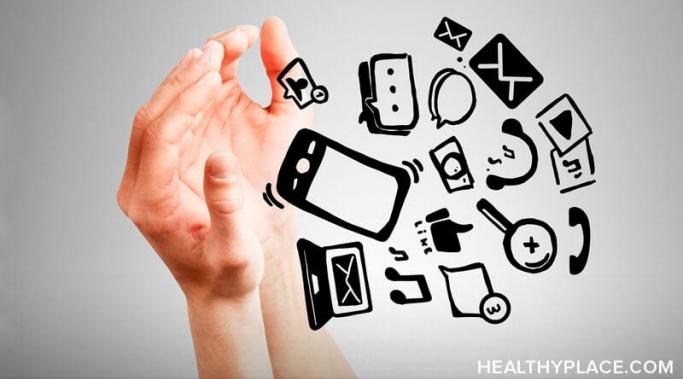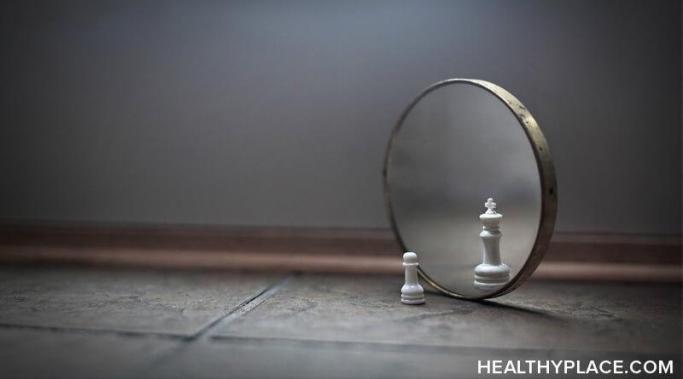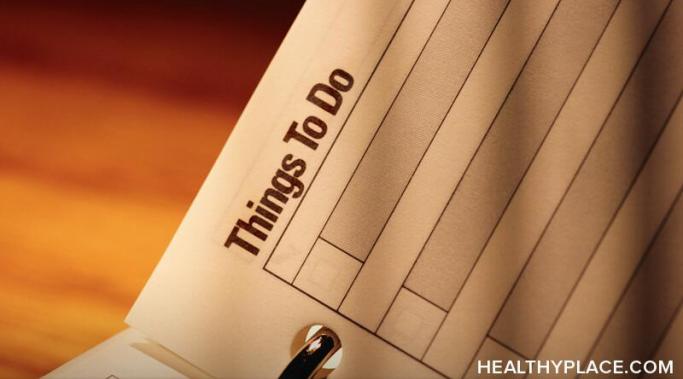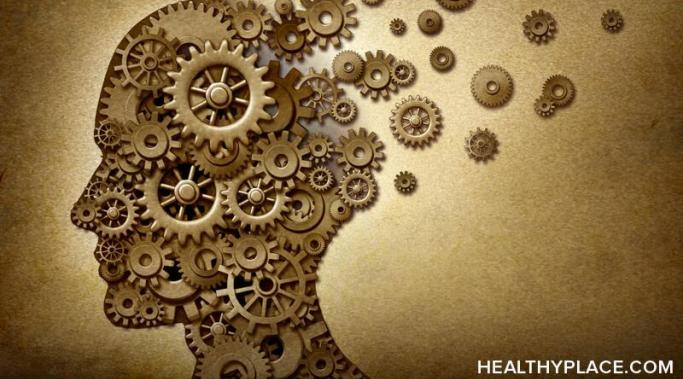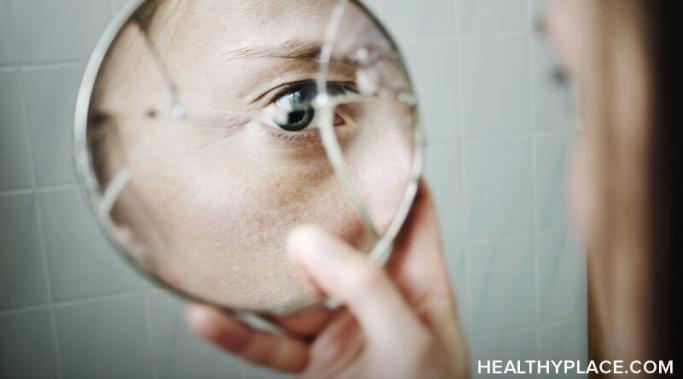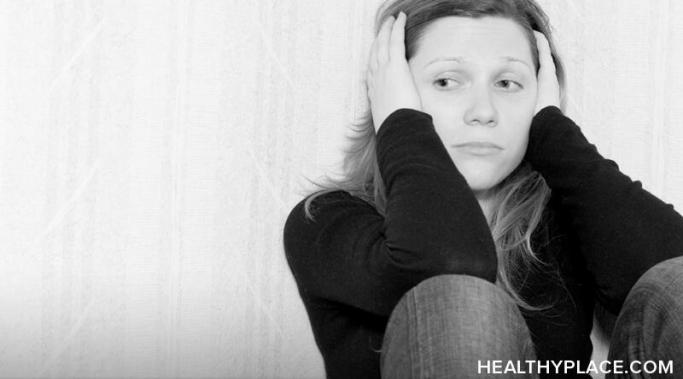It's so important to give yourself grace and be gentle with yourself when you struggle with anxiety. I tend to get angry with myself when anxiety takes over. Running from my responsibilities and hiding is my first reaction to a stressful situation. I get behind and then berate myself for not being stronger and overcoming it.
Living With Mental Illness
Suicidal thoughts have been a part of most of my young adult life. Learning to cope with these thoughts has been one of the biggest challenges I've ever faced. As a young person, it's natural to seek help from the digital mediums that are such a significant part of my life. I've found support and many resources by searching online, utilizing apps, and using social media. I learned to cope with suicidal thoughts using digital media.
Self-esteem affects mental health and low self-esteem often results from having a mental illness. I struggle with depression and anxiety, and I'm constantly battling negative thoughts that say I'm not good enough. I judge myself and compare myself to others. I'm afraid to put myself out there.
It's hard to forgive yourself when you have depression. Depression often causes you to be harsh and mean to yourself. When you make a mistake or don't follow through on something, the automatic response is negative self-talk. You begin to tell yourself that no one else would have made that mistake or that you're stupid for not having completed that task sooner. Why is it so hard to forgive yourself when you have depression?
Making new habits to cope with anxiety is an important part of anxiety self-help. By establishing routines, we can take on more in our lives without feeling overwhelmed. However, attempting to change too much at once can end in disappointment. Working on making new habits too quickly can fuel anxiety rather than help it.
Self-love and depression don't naturally go together because when you have depression, it’s hard to love yourself. Being constantly bombarded with negative thoughts about how you’re not good enough or how you’ll never amount to anything doesn’t exactly help your self-esteem. You get inside your own head and tell yourself that you are not worthy of love.
Obsessive thoughts are a kind of anxiety. Anxiety about a situation can set off obsessive thoughts, causing you to assume the worst outcome. It can make you feel like you've made the most horrible mistake in the world, even if it was something minor. There have been many times that my anxiety about something has grown into an obsession. Obsessive thoughts from anxiety cause many problems for me.
There are many borderline personality triggers, but my biggest is canceled plans. With canceled plans comes that common borderline feeling of abandonment all over again (Borderline Personality Disorder Symptoms, Diagnosis). Let's talk about how much consistency, communication and changes in plans can all lead to a borderline personality trigger for me.
Feeling helpless during the worst of my depression made me doubt myself. It seemed like everyone around me was doing just fine on their own and I was constantly asking for help or not following through with things that I needed to do. That’s when I started questioning myself. Am I really depressed or am I just being lazy and trying to get out of something? Am I just afraid to take responsibility? Am I just fooling myself? But did you know that feeling helpless is a depression symptom?
Being a people pleaser with social anxiety causes problems for me. Social anxiety can pressure us to make other people happy, rather than ourselves. I have spent my life molding myself into a person that I hope other people will like. I adapt my actions, words, and sometimes even beliefs, to make people feel that I’m agreeing with them.

